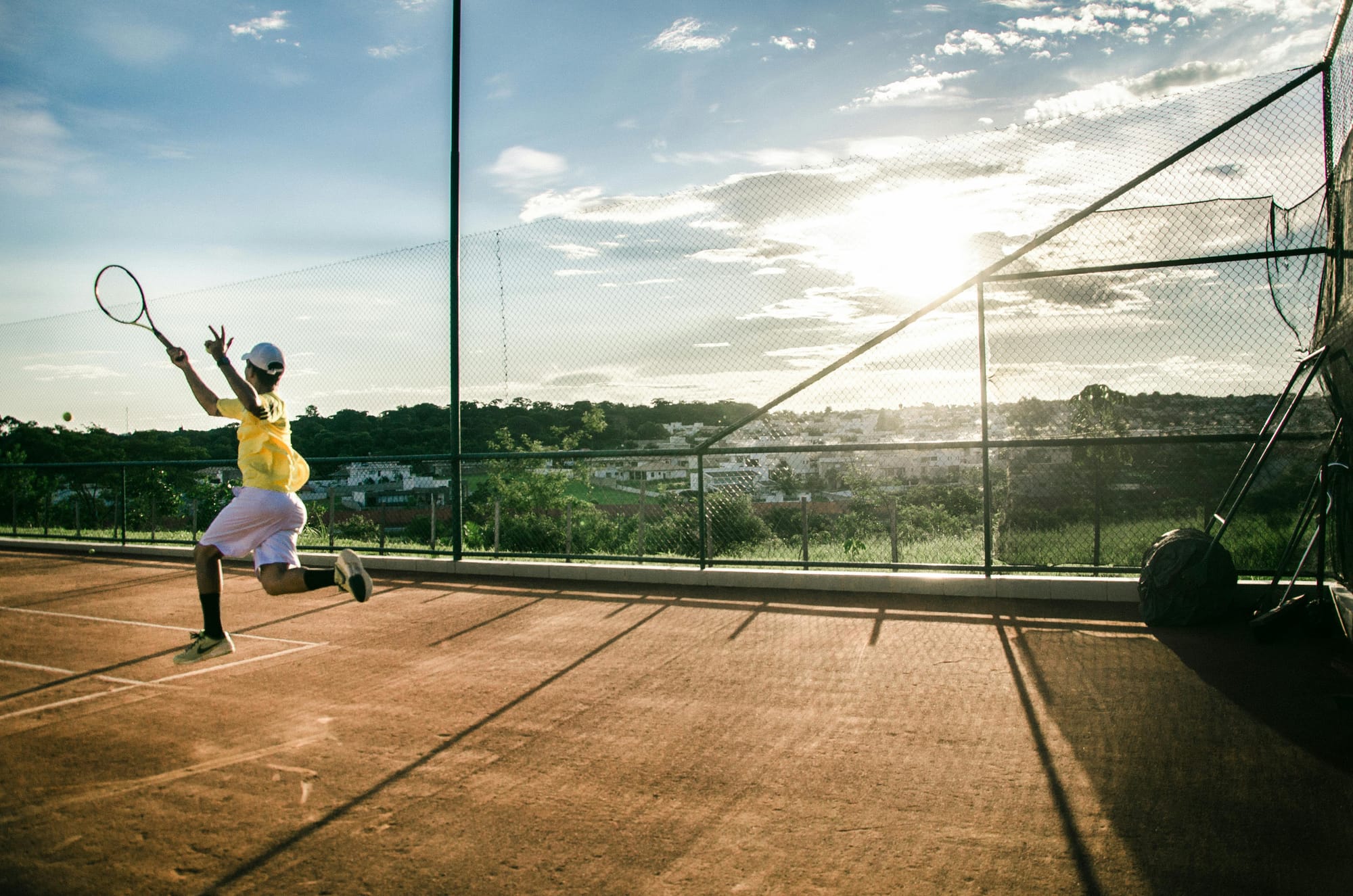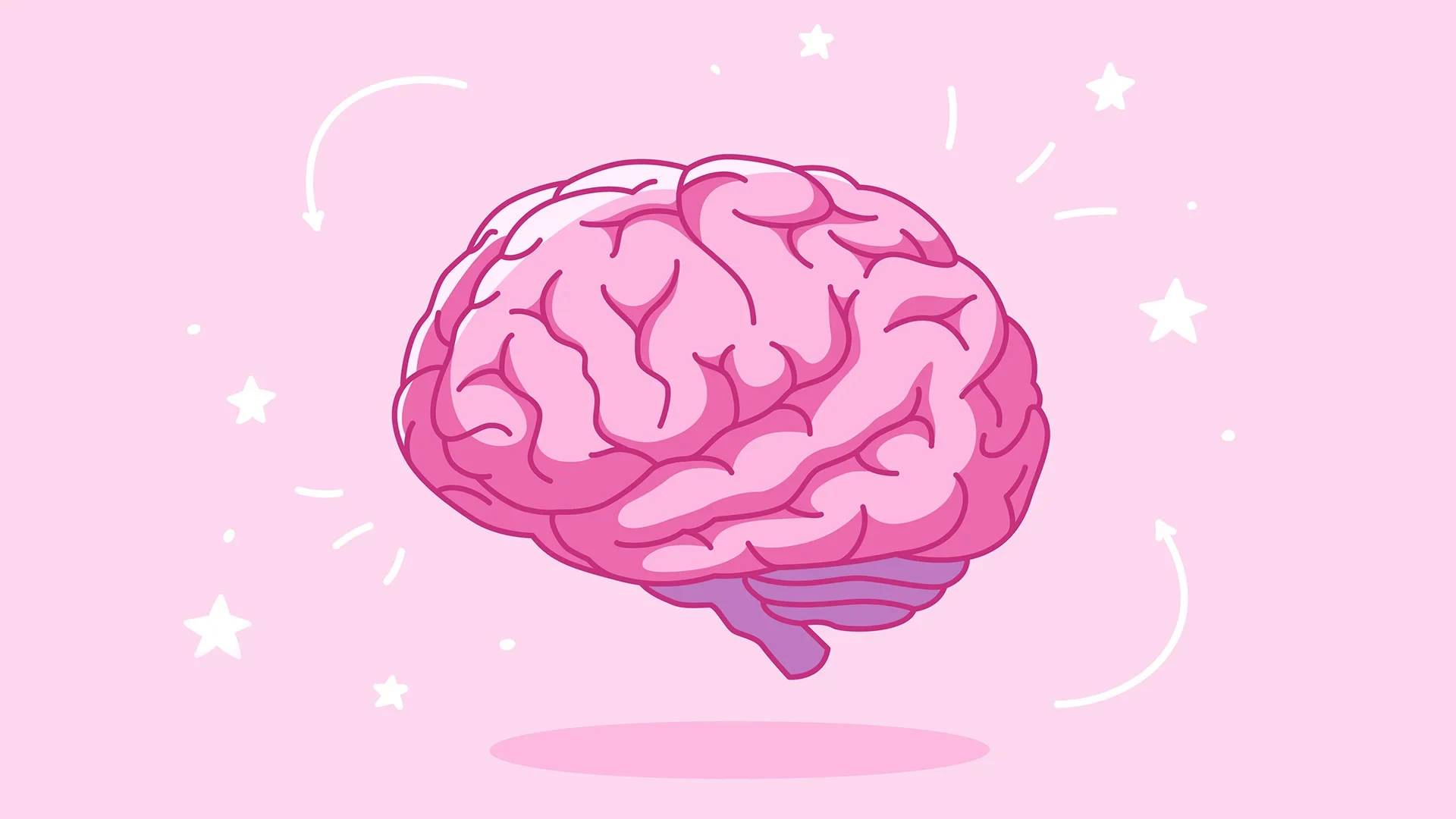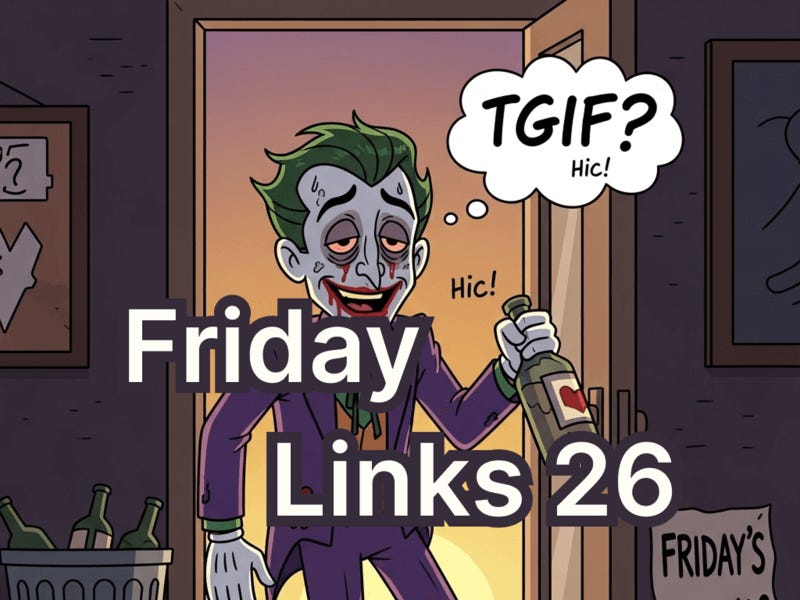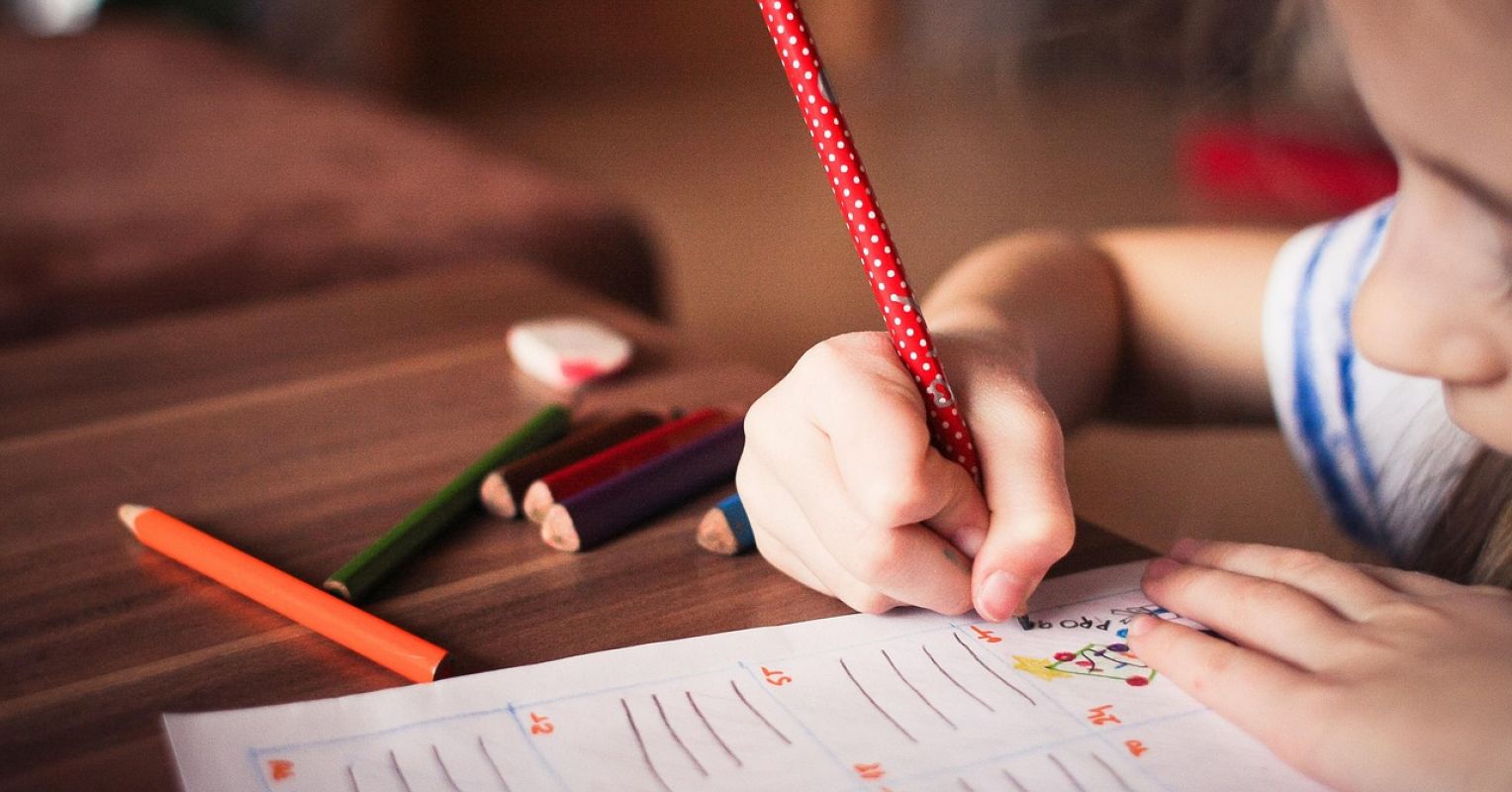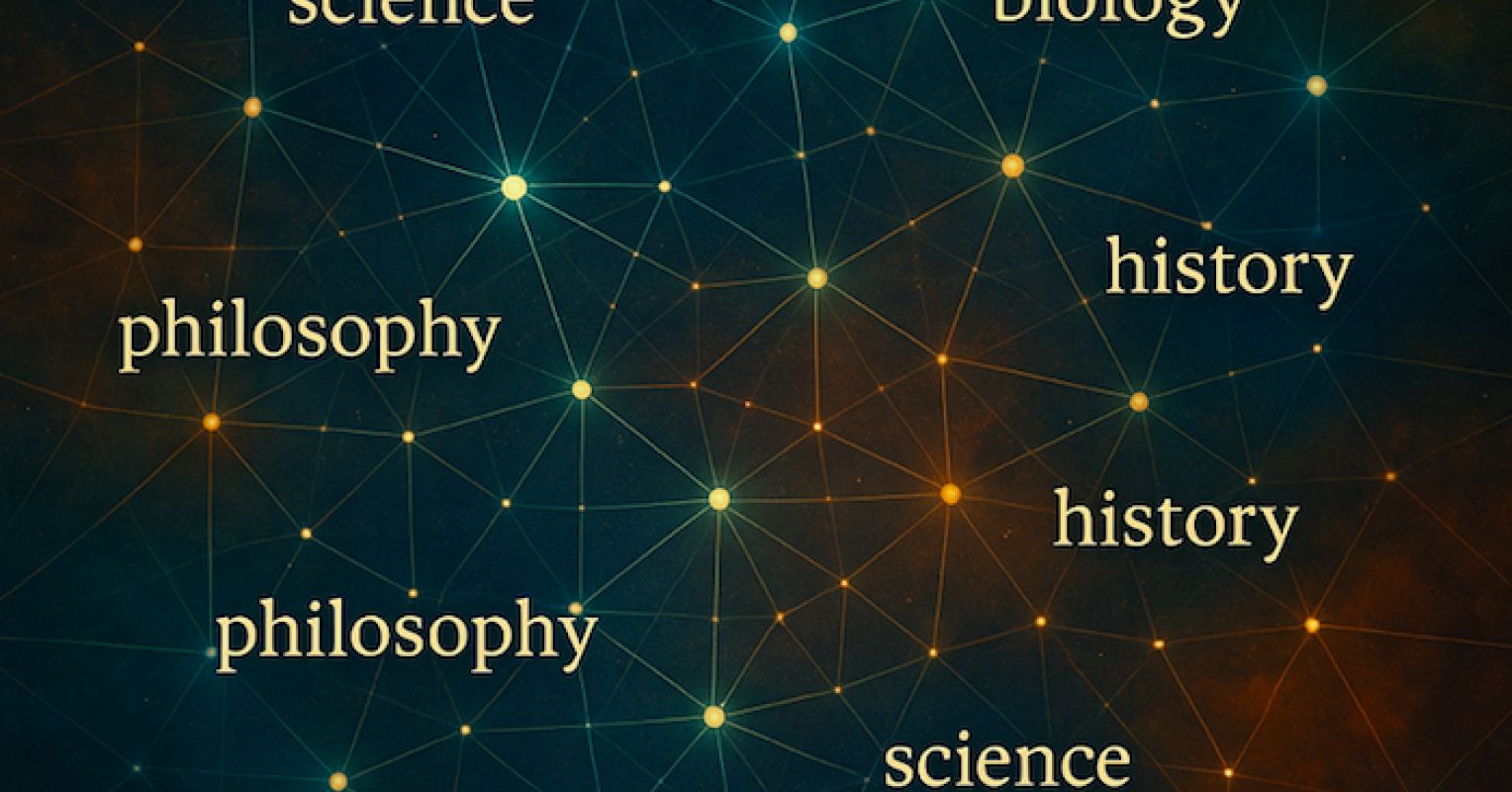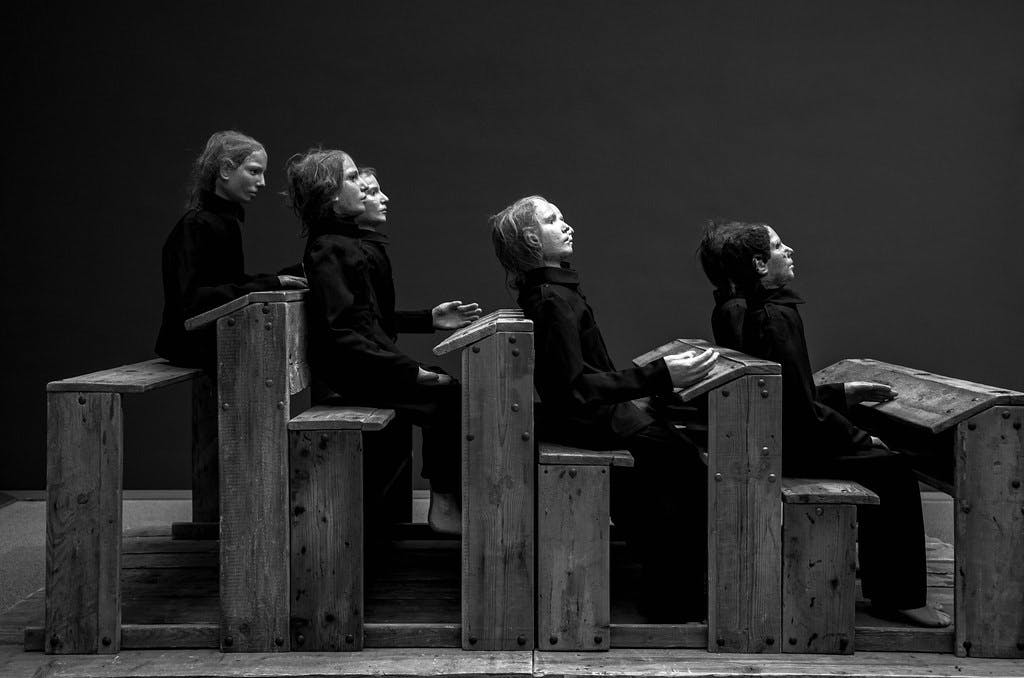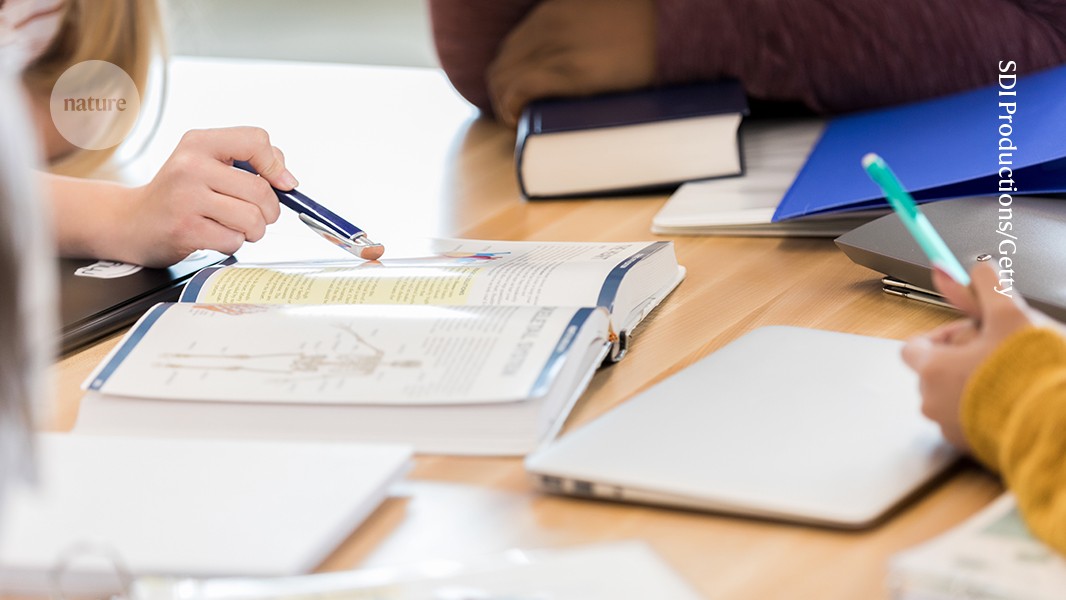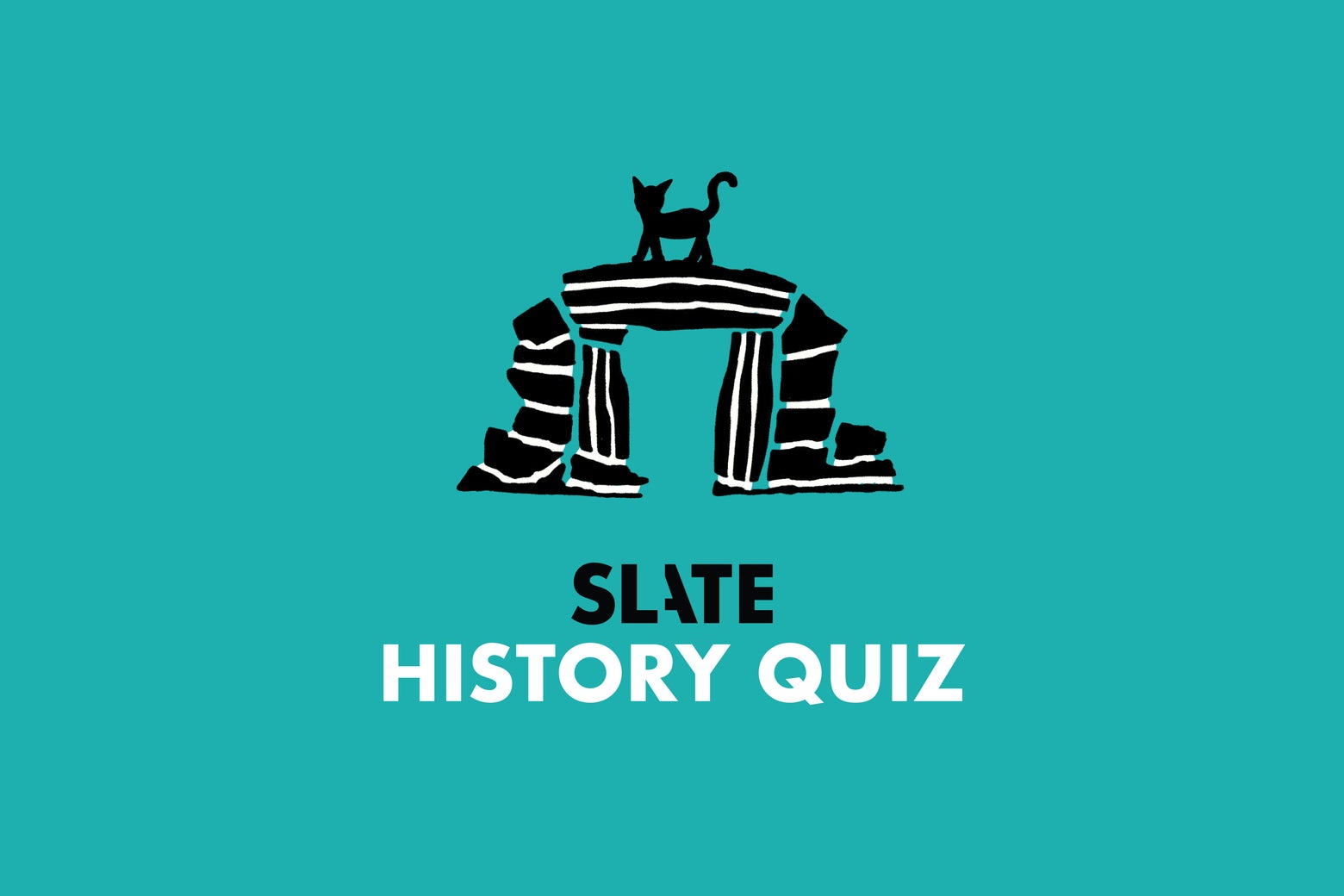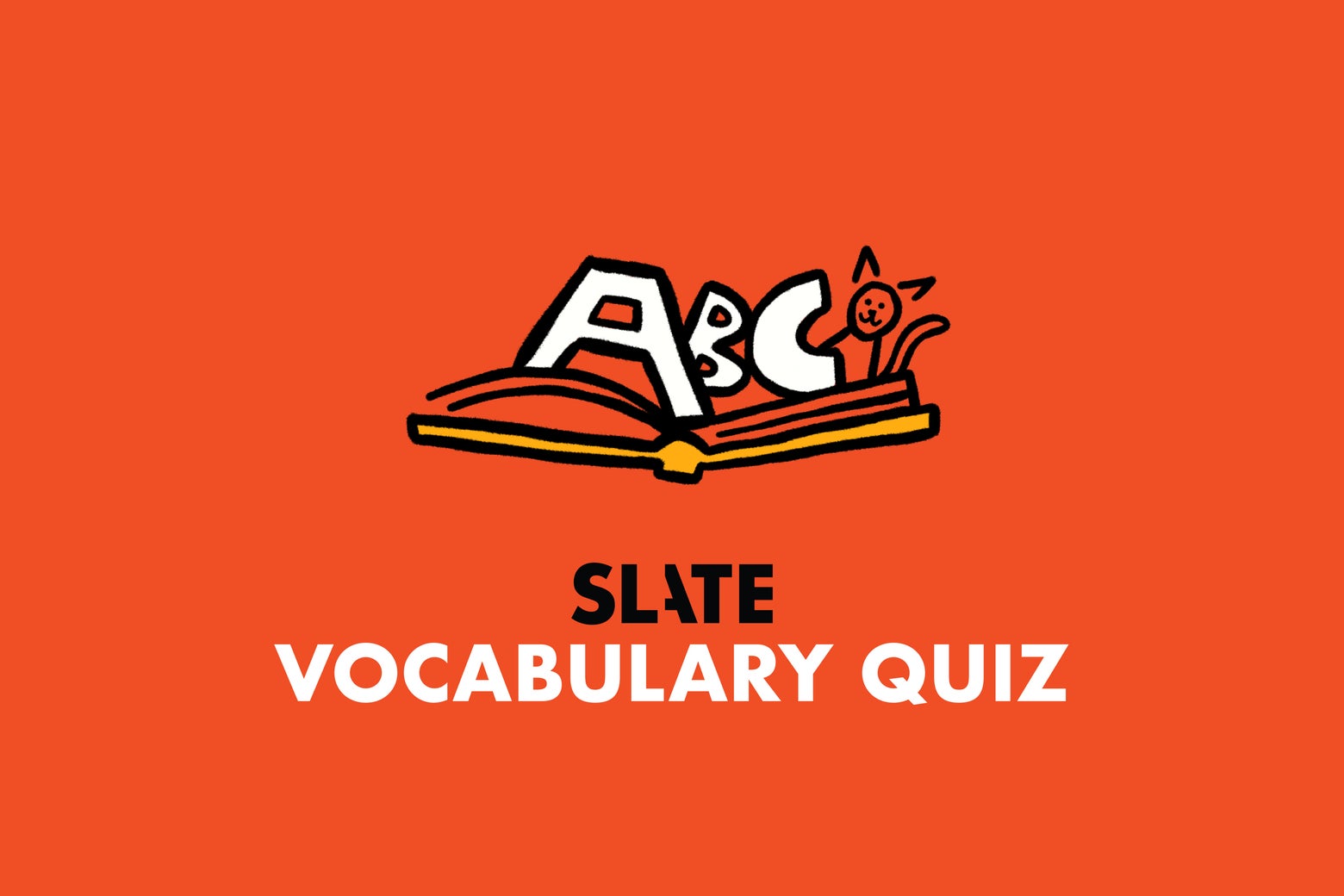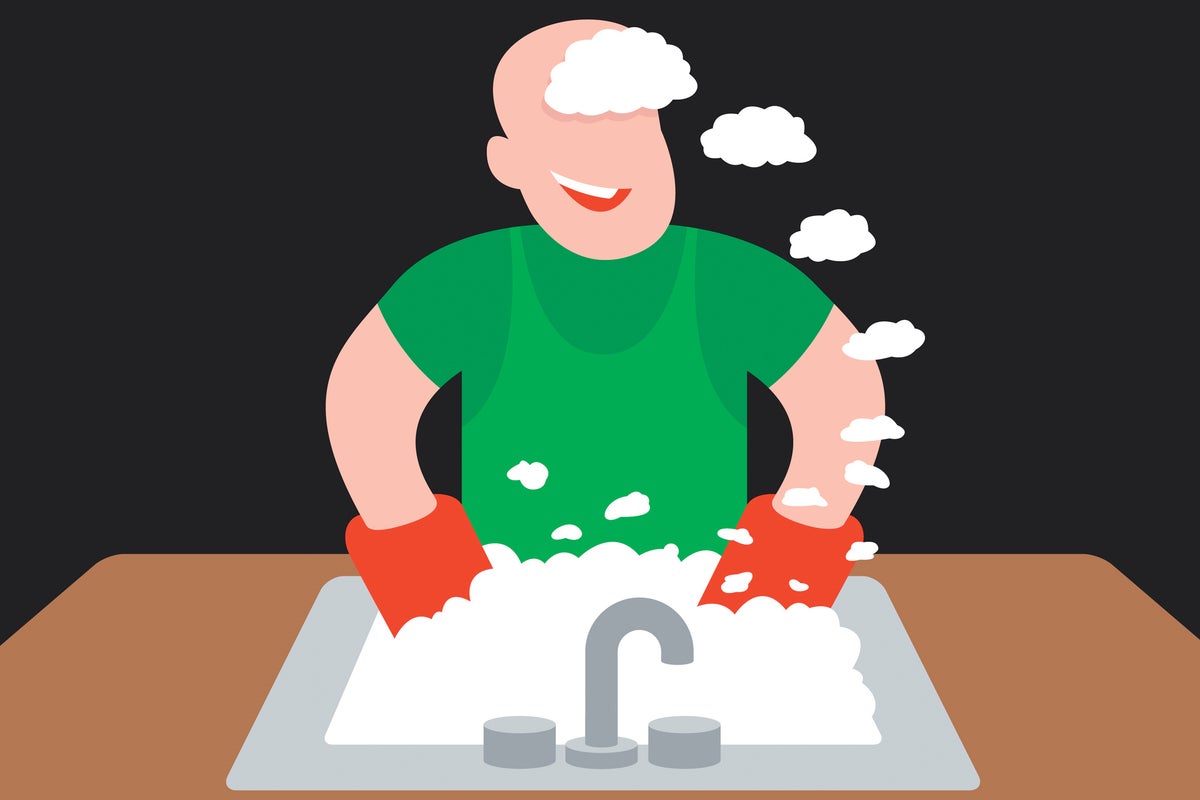#learning
#learning
[ follow ]
#education #cognition #neuroscience #ai #memory #psychology #creativity #mastery #networking #artificial-intelligence
fromFast Company
1 day agoHow to train your brain like your muscles, according to a neurologist
It might come as a surprise to learn that the brain responds to training in much the same way as our muscles, even though most of us never think about it that way. Clear thinking, focus, creativity, and good judgment are built through challenge, when the brain is asked to stretch beyond routine rather than run on autopilot. That slight mental discomfort is often the sign that the brain is actually being trained, a lot like that good workout burn in your muscles.
Science
fromeLearning Industry
1 month agoWhy Impostor Syndrome Disrupts Learning And Skill Growth And How We Can Beat It
How many times have you heard one of your peers talk about impostor syndrome? This topic, describing the persistent belief that one's achievements are undeserved, is frequently heard in films, TV, and even among your friends. But while it's natural to second-guess yourself sometimes, experiencing impostor thoughts can have disruptive effects on your long-term goals. Science says it can erode your engagement, learning outcomes, and professional growth efforts-not to mention your well-being.
Psychology
fromSnowBrains
2 months agoConquering East Hill - SnowBrains
Luckily, a small community ski area called East Hill was just five minutes from my house. Nestled beside an elementary school of the same name, it had about 100 feet of vertical drop, a rope tow without handles, and a perpetually idle T-bar. The hill was open nights and weekends and staffed entirely by volunteers from the Camillus Winter Sports Association.
Snowboarding
fromBig Think
2 months agoWant to be a better learner? Start by noticing how you think.
I remember working on my book and catching myself mid-paragraph. I'd just finished a sentence that felt particularly satisfying to write and paused to ask: Why does this feel so good? The answer wasn't flattering. What I'd written sounded smart, but it wasn't clear. I realized I'd been unconsciously filtering ideas through "does this make me look clever?" instead of "will this help the reader?"
Mindfulness
fromClickUp
3 months agoHow to Use the Interleaving Study Method for Better Learning
The truth? Your brain doesn't learn best by going in straight lines. It learns more when it has to switch contexts and jump tracks. That's where the interleaving method comes in. Instead of cramming a single subject until it's dull, you mix topics-like hitting shuffle instead of repeat. It feels harder in the moment, but it's exactly that mental juggling that cements knowledge for the long haul.
Education
Arts
fromOregon ArtsWatch * Arts & Culture News
4 months agoVizArts Monthly: September learning * Oregon ArtsWatch
September spotlights local art exhibitions as opportunities for learning about Indigenous heritage, water ecology, Black artists, historical reflection, and artists with intellectual disabilities.
fromThe Nation
6 months agoThe Democratic Party Remains Committed to Learning Nothing From Its 2024 Defeat
"Nothing...can sharpen the historian's mind like defeat." - Eric Hobsbawm, reflecting the value of learning from defeats and how many intellectuals have enriched our understanding from their own failures.
US politics
fromHarvard Business Review
6 months agoNew Research on the Link Between Learning and Innovation
Innovation requires continual learning and clarity in processes. Without a clear understanding of how various learning activities connect, teams may face confusion that hinders effective innovation.
Business
fromNational Institute of Mental Health (NIMH)
10 months agoStudy Illuminates the Structural Features of Memory Formation at the Cellular and Subcellular Levels
The study revealed that neurons assigned to a memory trace reorganized their connections through an atypical type of connection called a multi-synaptic bouton, which may enable cellular flexibility.
Science
#mind-wandering
Mindfulness
fromPsychology Today
8 months agoA Wandering Mind Improves Inferential Learning
Mind wandering boosts probabilistic learning despite hurting visuomotor task performance.
Spontaneous mind wandering enhances pattern recognition and learning.
Creating conditions for natural mind wandering can foster learning.
fromiRunFar
8 months agoUncharted Waters
It's funny how these things stay ingrained in our brains. They seem so random, even insignificant, yet there they are. I've forgotten many of the chemistry lessons, mathematical equations, and historical facts that moved in and out of my brain like conveyor belt sushi.
Skiing
philosophy
fromBig Think
9 months agoHow "Gibson's law" makes it hard to trust experts
A little knowledge can lead to overconfidence and misleading debates.
Disagreement can often emerge from superficial understanding, not genuine expertise.
The distinction of knowledge levels exposes the complexity of expertise.
[ Load more ]

